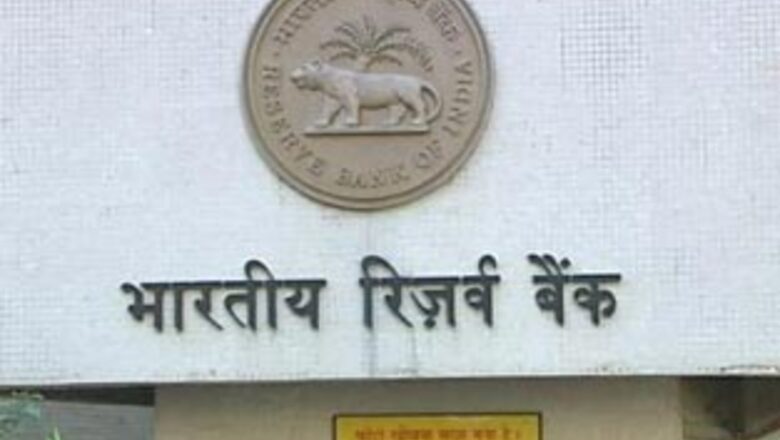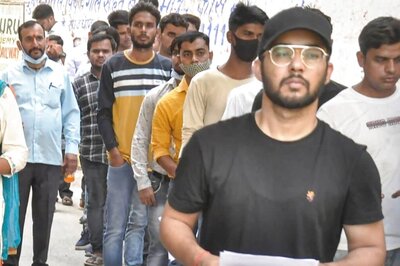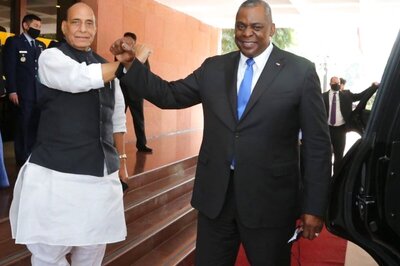
views
After a career spanning 40 years, Chairman, DSP Merrill Lynch Hemendra Kothari, has decided to hang up his boots. He will retire on March 31. In an interview, Kothari said he expects the next two years to be tough for the markets. Once foreign companies stabilise, they will be interested in India and China, he said.
Kothari added that the Reserve Bank of India (RBI) and the Securities and Exchange Board of India (SEBI) had been very proactive in current market conditions.
Here is a verbatim transcript of the exclusive interview with Hemendra Kothari on CNBC-TV18. Also watch the accompanying video.
Q: When you look back now on a career of almost 40 years, what were the key highlights to your mind?
A: In 1986, when institutional investors came to India for the first time, which I would believe was the highest point because that opened up slowly in 1991. They used to come to India, talk to the Finance Ministry, talk to various people in the political side to the local side. We used to arrange those meetings with corporates and everybody. I think more transparency was brought in. Things changed from that particular time onwards.
So, I would say India Fund, which was UTI-managed, we were the ones who created that and then managed by UTI as a fund manager, which I personally feel was my highlight.
Q: You have seen several boom and bust cycles in your career. Now as you retire in the next few weeks, where do you actually see the financial markets going forward because we are at a time that nobody had expected we'd be at the lows that we currently are – what are your worst fears as you move out?
A: The next two years will be tough. But you must give compliments to RBI that we have not got carried away the way the world has carried away. One must complement Sebi; they have been proactive. India is still relatively better. We are not decoupled or anything. So we are not insulated but at the same time we must see that India has a huge market and lot of foreign companies once they stabilise themselves they will start looking at India and China – the two economies with very big markets.
Q: Moving to the Satyam saga, you were the sole advisors to the company and everyone's eyes were on you including the regulators. Was that a big challenge?
A: I will not comment on this matter. It is with regulators and various agencies now.
Q: In a sense your response was immediate and transparent. In your assessment was that the best way to handle the situation?
A: One thing I can tell you is that DSP Merrill Lynch has very high ethical standards and integrity that we believe in. In this particular firm – and I am proud of that – we believe in high ethical standards and integrity and that is where we do not try to compromise.
Q: What do you really think we need to do to address corporate governance issues? We have the regulations in place but clearly it is not just the regulations that are going to help avert something like a Satyam from happening again?
A: We don't try to shove off the independent directors and try to put responsibility. What happened to a lot of people – in fact because of Section 58A and fixed deposits where people in fact were given arrest warrants. Now independent directors are more like advisors and watchdogs. They are not supposed to be sent to jail. So we are required to correct those things. We require more professional independent directors' voices.
Q: So where do you draw the line with regard to the role of the independent directors?
A: Independent directors can do only to the level to which they are informed to about. They can ask questions and if they informed about something then they can react on it. They can give guidance and what are their views about it. In the end day-to-day management is the one who decides day-to-day businesses. Independent directors have a limited role on that perspective because they know the business what they have been given.




















Comments
0 comment